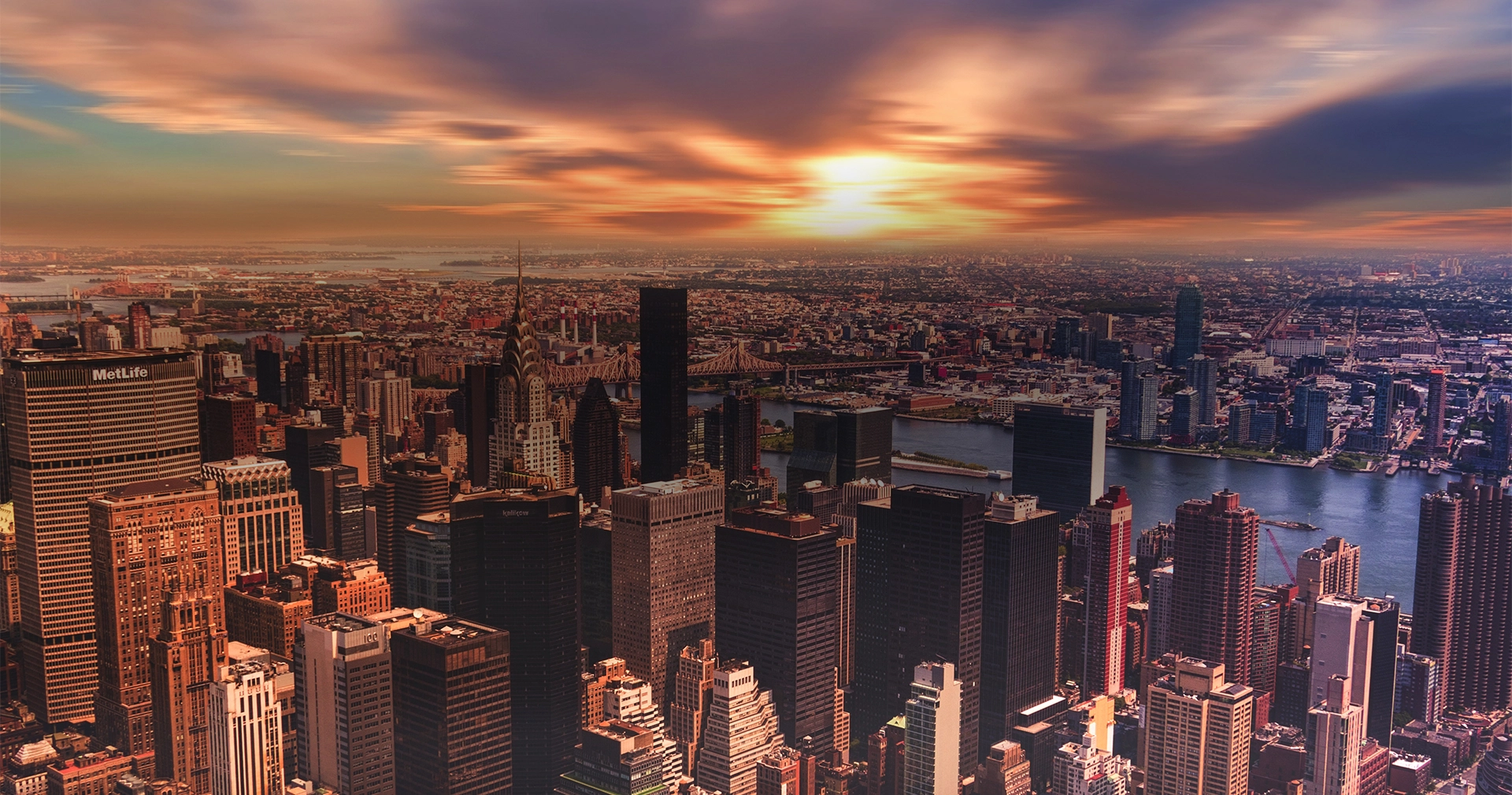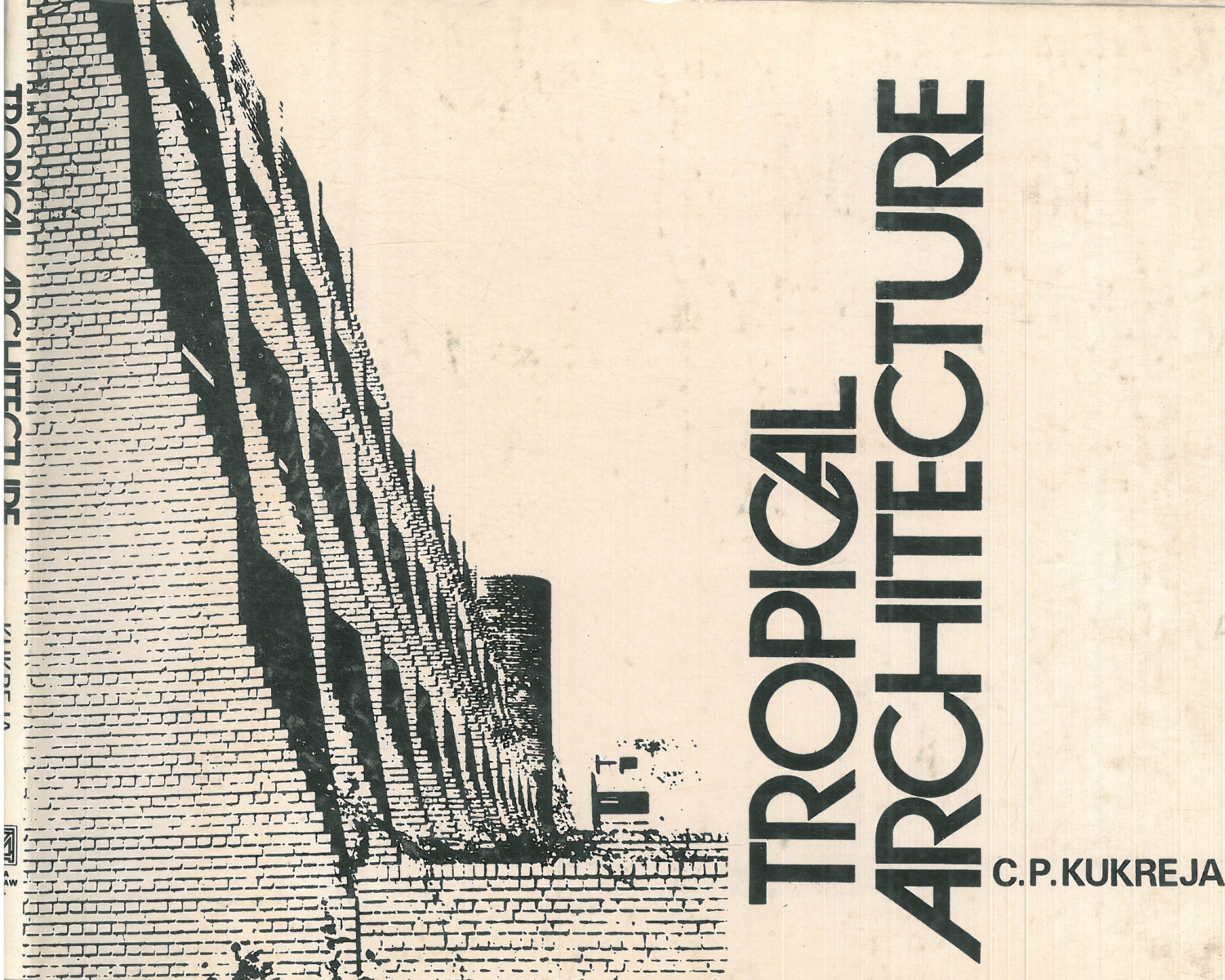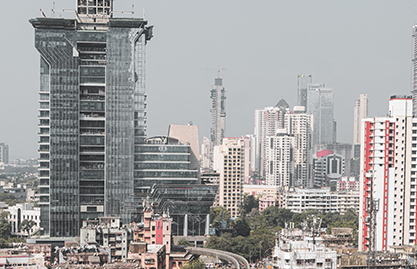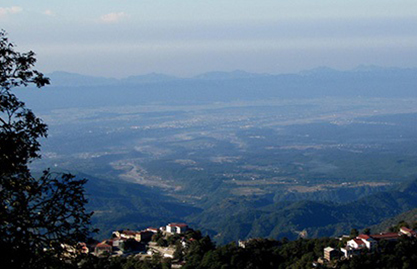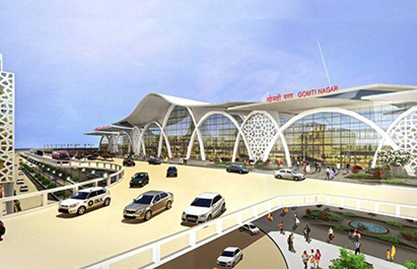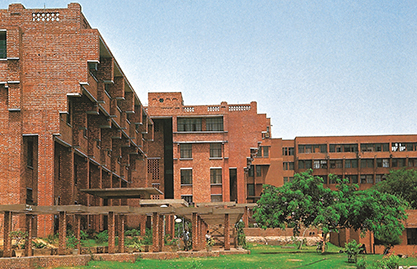Urban Futures Explored at Kala Ghoda Arts Festival 2023
Cities are the bedrock of civilization. They have been the capitals of art, culture and economy for millennia. With our world at a tipping point today, architects, urban designers, and policymakers need to come together to discuss our collective urban futures. These conversations need to touch upon critical urban issues and opportunities, highlighting visions for the future of Indian cities. One such discussion was ‘Tale of Two Cities: Conversations on Our Collective Urban Futures’ held at Kala Ghoda Arts Festival, 2023 in Mumbai with Aaditya Thackeray, MLA and former Minister of Environment and Tourism, Government of Maharashtra, joined by Dikshu C. Kukreja, architect, urbanist and Managing Principal at CP Kukreja Architects. The discussion was moderated by design culturist and educator Sneha Ullal Goel. The discussion, aiming to revolve around critical urban issues faced by our cities and exploring possible solutions, invited the panellists to share their vision for the future of Indian cities. In this blog, we are looking at key takeaways from the conversation.
Collective Sense of Ownership for A Collective Urban Future
When we speak of the ‘collective’, we take an inclusive approach toward society, which accounts for all citizens irrespective of their caste, creed, gender, etc. And ‘our collective urban future’ is essentially what our tangible and physical world—our cities— will look like, and hence determine for us, in the coming years and for the coming generations. The challenges that our cities face are many - nearly half of the Indian population will likely move to urban areas over next few decades. This makes today (and now) an important crossroad in our path towards development. While we have policies, projects, funding, and will, the gaps between the various arms of professionals, organisations, government, institutions, etc., leaves much to be desired. As stakeholders, we lack a framework for holistic development or a nationwide development model.
Offering his insight on urbanisation in an Indian context, Kukreja said,“I believe that cities can evolve for better or they can evolve for the worse. That is in our hands which way our cities tread. In Indian cities, while we are witnessing an unprecedented development, there is still a great room for improvement in a collective sense of ownership to further city development efforts amongst multiple stakeholders at all levels – from policy makers to urban planners to everyday citizens.”
“When we are making the development plan for Tier 1 cities, we must realise that it is much more than just marking lines on existing settlements and realise that we need to define what is to become the way of living for millions.”, said Thackeray expanding on Kukreja’s opinions.
Develop Alternatives for Urban Migration
The moderator, Sneha Ullal Goel, drove the conversation towards equitable development in cities. “With rapid urbanisation, we need to do much to provide people with equitable housing, better transport, sustainable modes of construction and development, while ensuring that we do justice to the environment and the planet.”, she said while inviting the two speakers to speak on the same.
Kukreja, on his show The Tale of Two Cities, had the chance to speak with many public representatives and see the development models and solutions that many countries are adopting. When asked about the takeaways for Indian cities and urban areas, he explained, “We need to rethink the notion that only cities can be engines of growth. It is time that we re-evaluate our concepts. We need to develop alternatives for migration and provide opportunities for social and economic development to those residing in small towns and villages.”
Kukreja and Thackeray, with their experiences from varied backgrounds concerning city-making, emphasised on a collective urban future wherein every stakeholder will come together for equitable urban development.


